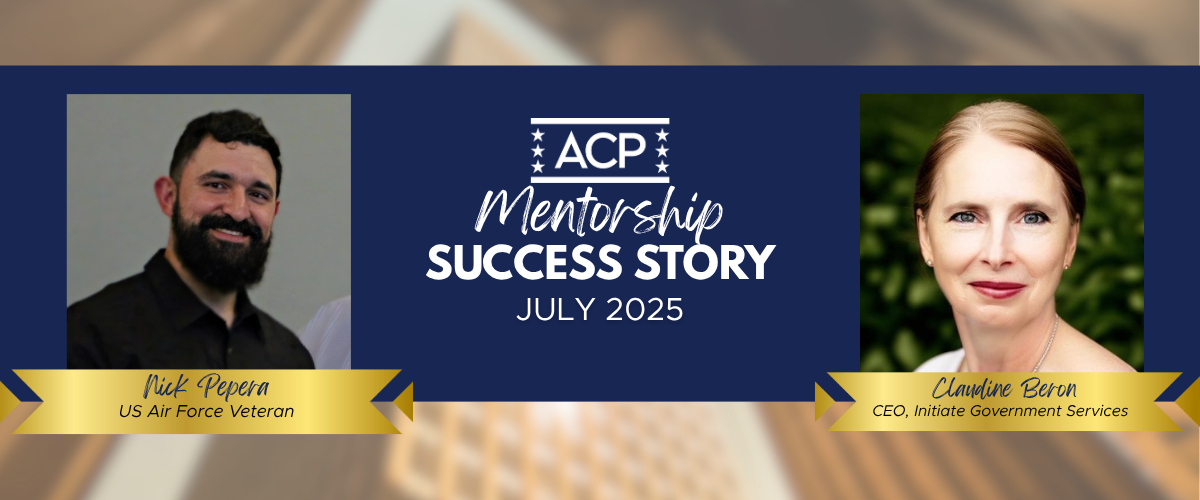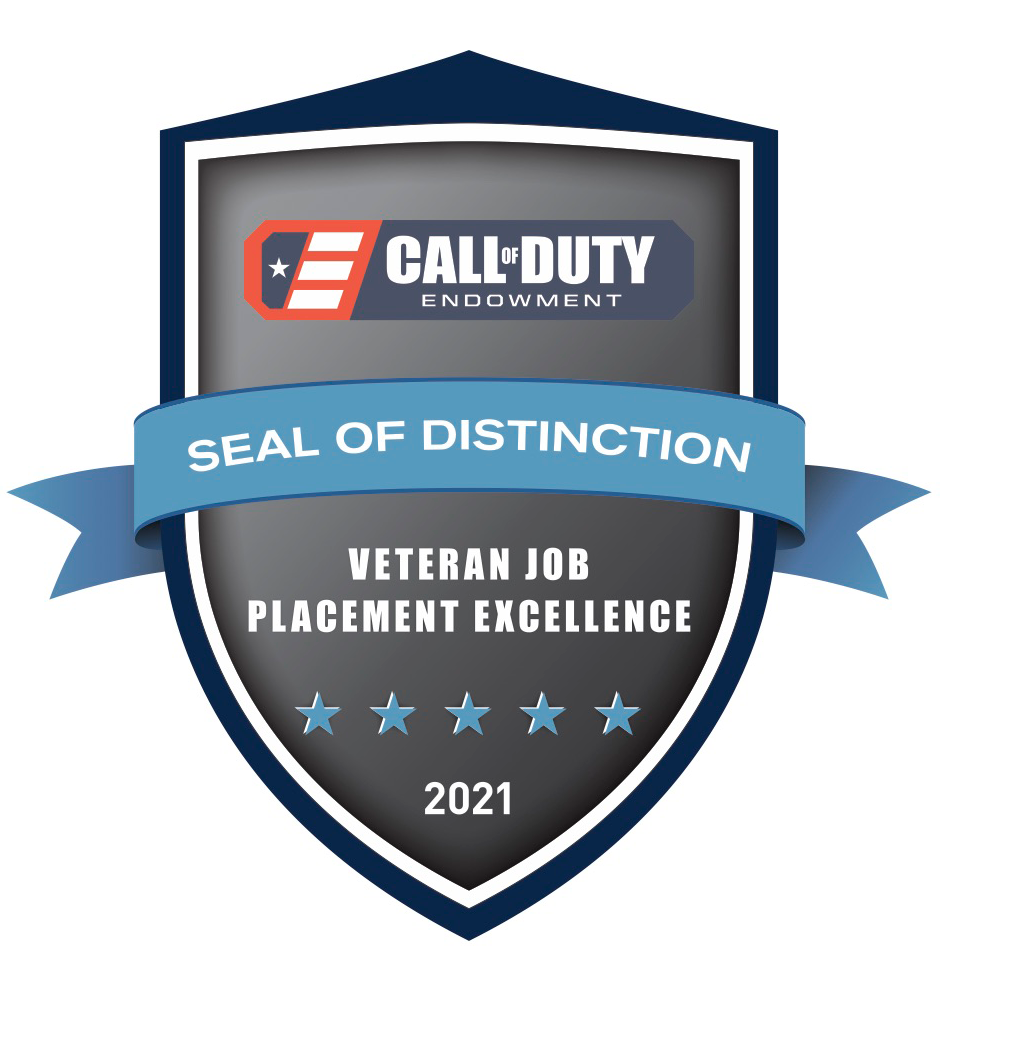July 2025 - Mentorship Success Story
 Even for those who excel at planning ahead, transitioning out of the military can feel like merging onto an unfamiliar highway on a foggy morning. You sense the road beneath you, but aren’t sure where it’s taking you. What do you need? A guide who has taken the route before you.
Even for those who excel at planning ahead, transitioning out of the military can feel like merging onto an unfamiliar highway on a foggy morning. You sense the road beneath you, but aren’t sure where it’s taking you. What do you need? A guide who has taken the route before you.
That’s what Nick Pepera was looking for when he signed up with American Corporate Partners (ACP) in 2024. With less than a year left on his contract, Pepera, then a Technical Sergeant (E-6) in the US Air Force and a Combat Weatherman by training, hoped to enter the booming field of data science, AI, and machine learning. Despite a Bachelor’s in Applied Computing and IT, he wasn’t clear on the best way forward, so he reached out to ACP to work with a Mentor who could help him synthesize his education and experience into a fulfilling career.
Pepera began working with ACP Mentor Claudine Beron, an IT executive with more than two decades of experience in the industry. The founder and CEO of Initiate Government Solutions, Beron is a self-described “Navy brat” who is passionate about helping Veterans understand and articulate their value in the private sector. “Don’t give them advice, give them perspective,” Beron says of her mentoring approach. Her use of structure and self-efficacy led to remarkable results.
“Claudine provided a framework for me to be incredibly successful [upon] leaving the military,” says Pepera. With his Mentor’s guidance, he secured a SkillBridge internship that turned into a full-time job offer, with a salary $20,000 higher than his Air Force pay. Here’s how they did it:
Know your value
Beron believes the private sector is behind the curve in understanding and utilizing Veterans’ skill sets. “Most Service Members don’t understand their value proposition coming into the workforce,” Beron says. From her experience hiring and training dozens of employees, she believes that companies can easily translate Veterans’ capabilities to the commercial sector, at a discount of 20-30% under typical training costs.
The pair began with a methodical focus on optimizing Pepera’s résumé. “We took 3-4 months working on various iterations and finally settling on two main ones,” Pepera says. This allowed him to see his skills and experience laid out in black and white and to understand how much value he had to offer.
Never stop networking
One of the biggest obstacles Veterans face is their lack of a civilian network. Beron challenged Pepera to identify five people from her connections weekly and to justify why he’d like an introduction to them. She explains that this allows the Protégé to take ownership of the networking process and be intentional about their outreach.
“I ended up getting contacts and making friends with [professionals] in very tight-knit circles,” says Pepera. “It even helped me [finish] up my Bachelor’s by talking with individuals who originally created systems I was working on.”
Put in the work
Transitioning out of the military isn’t easy. Luckily, Veterans and hard work are BFFs - it’s the same quality that Beron says makes them such valuable (and often undervalued) private-sector employees.
“Claudine challenged me in many ways, more… than I originally [expected],” Pepera notes. “However, I don't think she would have taken as much time or care with me if I wasn't willing to put in work. Whether it's through mentorship or looking for a job, the more effort and time you put in, the more successful you'll be in the end.”
Get a Mentor!
Mentorship is a key part of the support system for our transitioning and separated post-9/11 Veterans, along with Active Duty and Gold Star Military Spouses. ACP’s no-cost, individualized approach is unique: An ACP Associate will work closely with you to identify the right Mentor to help you build up your strengths and shore up your weaknesses. Your next big break is waiting for you, so apply today!











